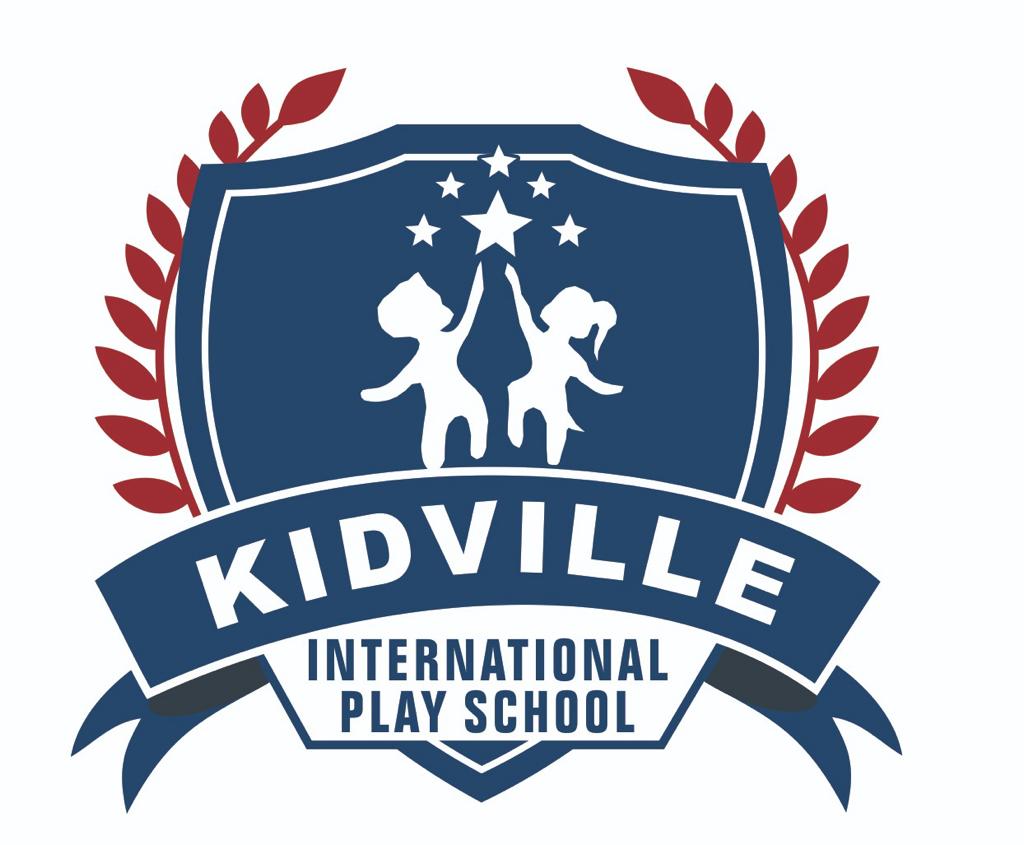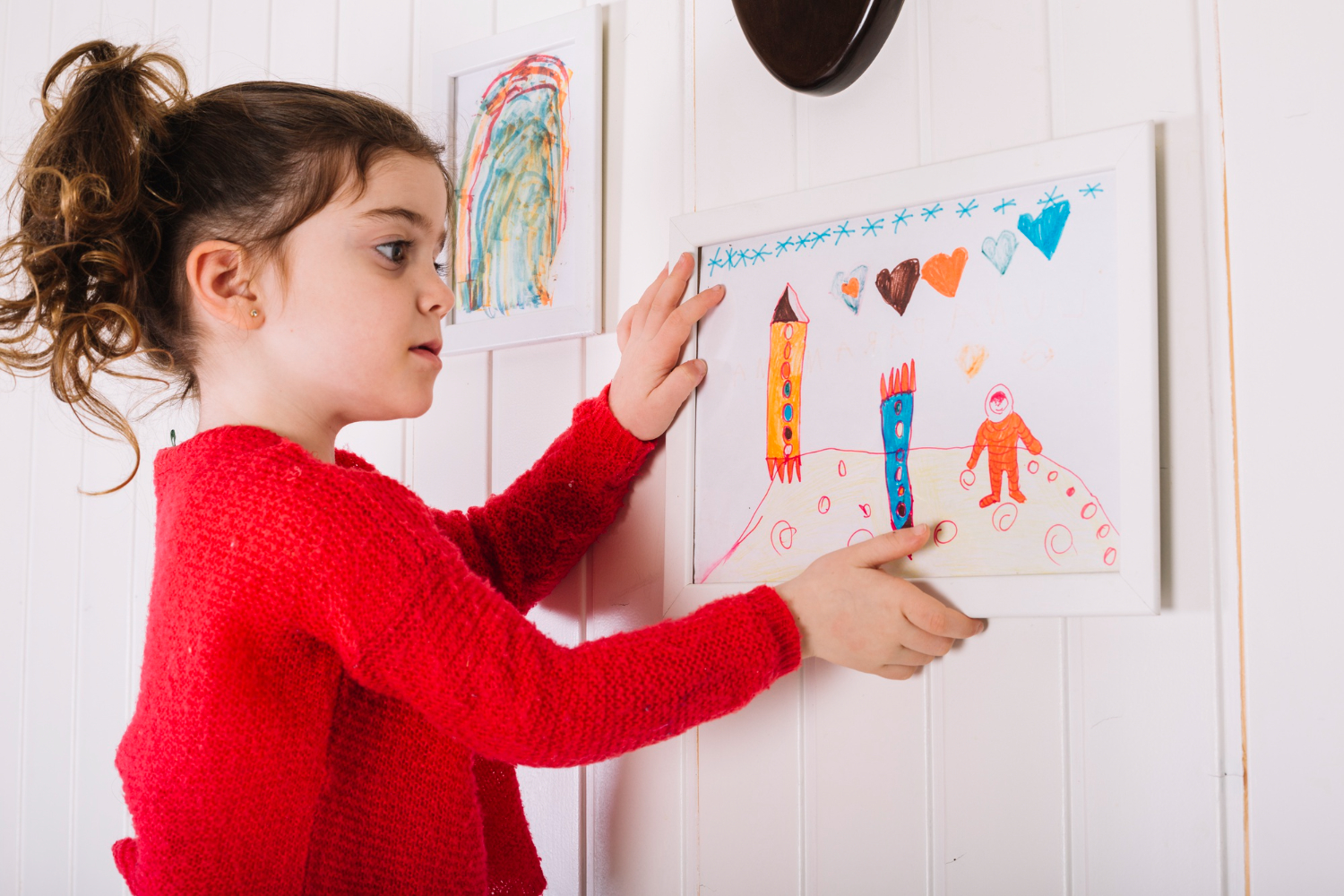As children transition from toddlers to preschoolers, they experience significant growth and development in various domains. Understanding these milestones helps parents and caregivers support their child’s journey effectively. Here are the key milestones to expect in preschoolers, covering physical, cognitive, emotional, and social development.
Physical Development
Gross Motor Skills:
- Age 3: By this age, children typically start running more confidently, climbing stairs with alternating feet, and riding tricycles. They can also catch a large ball and start hopping on one foot.
- Age 4: Four-year-olds often improve in balance and coordination. They can hop on one foot for longer periods, stand on one foot for at least five seconds, and may begin to skip. This is also the age when children typically start pedaling a bicycle with training wheels.
- Age 5: At five, children usually have better coordination and control. They can swing, climb, and somersault. They start participating in sports and other physical activities that require better motor skills.
Fine Motor Skills:
- Age 3: Preschoolers start to develop finer control over their hands and fingers. They can draw simple shapes, turn book pages one at a time, build towers with blocks, and manipulate objects like playdough.
- Age 4: Four-year-olds can draw a person with several body parts, cut along a line with scissors, and start writing some letters. They can also dress and undress themselves with minimal assistance.
- Age 5: At this age, children can draw more detailed pictures, write their names, and tie their shoelaces. They also begin to use utensils more proficiently during meals.
Cognitive Development
Language Skills:
- Age 3: By age three, most children can form simple sentences, know around 200-300 words, and follow two-step instructions. They start asking “why” questions and can tell simple stories.
- Age 4: Four-year-olds typically have a vocabulary of about 1,000 words. They can speak in more complex sentences, understand basic grammar rules, and carry on conversations. They enjoy telling stories and might start recognizing some letters and numbers.
- Age 5: By age five, children can speak clearly in full sentences, understand more complex instructions, and have a vocabulary of around 2,000 words. They can tell more elaborate stories and might start reading simple words.
Cognitive Skills:
- Age 3: Preschoolers begin to understand concepts like “same” and “different,” and can sort objects by shape and color. They start engaging in pretend play and can complete simple puzzles.
- Age 4: At four, children can recognize patterns, understand the concept of counting, and start to grasp the idea of time. They enjoy more complex pretend play and can follow multi-step instructions.
- Age 5: Five-year-olds can count up to 10 or higher, understand basic math concepts, and recognize some words by sight. They start to understand cause and effect and can solve more complex puzzles and games.
Emotional and Social Development
Emotional Skills:
- Age 3: Three-year-olds start to understand their own feelings and those of others. They might experience mood swings and have difficulty sharing or taking turns.
- Age 4: At four, children begin to manage their emotions better. They start to understand empathy and can express their feelings more clearly. They might still struggle with frustration but are better at coping with it.
- Age 5: By age five, children have a stronger sense of self and can better manage their emotions. They understand rules and can follow them more consistently. They also develop a greater sense of independence and confidence.
Social Skills:
- Age 3: Preschoolers enjoy playing with other children but often engage in parallel play rather than interactive play. They start learning to share and take turns with guidance.
- Age 4: Four-year-olds begin to engage in cooperative play, sharing ideas and toys with others. They start forming friendships and enjoy group activities.
- Age 5: At five, children typically have well-developed social skills. They can make friends, understand the concept of fairness, and work well in group settings. They start to show interest in following rules and participating in structured games.
Supporting Your Preschooler’s Development
Understanding these milestones helps parents and caregivers provide appropriate support and encouragement. Here are some tips to nurture your preschooler’s development:
- Encourage Active Play: Provide opportunities for physical activities that enhance motor skills, such as running, jumping, and climbing.
- Engage in Reading and Storytelling: Read books together, tell stories, and encourage your child to describe their day to develop language and cognitive skills.
- Foster Creativity: Offer art supplies, building blocks, and other creative toys that stimulate imagination and fine motor skills.
- Promote Social Interaction: Arrange playdates and group activities to help your child learn to interact with peers and develop social skills.
- Practice Patience and Empathy: Model and teach emotional regulation by being patient and empathetic, helping your child navigate their feelings.
By being aware of these milestones and actively supporting your preschooler’s growth, you can help them build a strong foundation for future learning and development.


